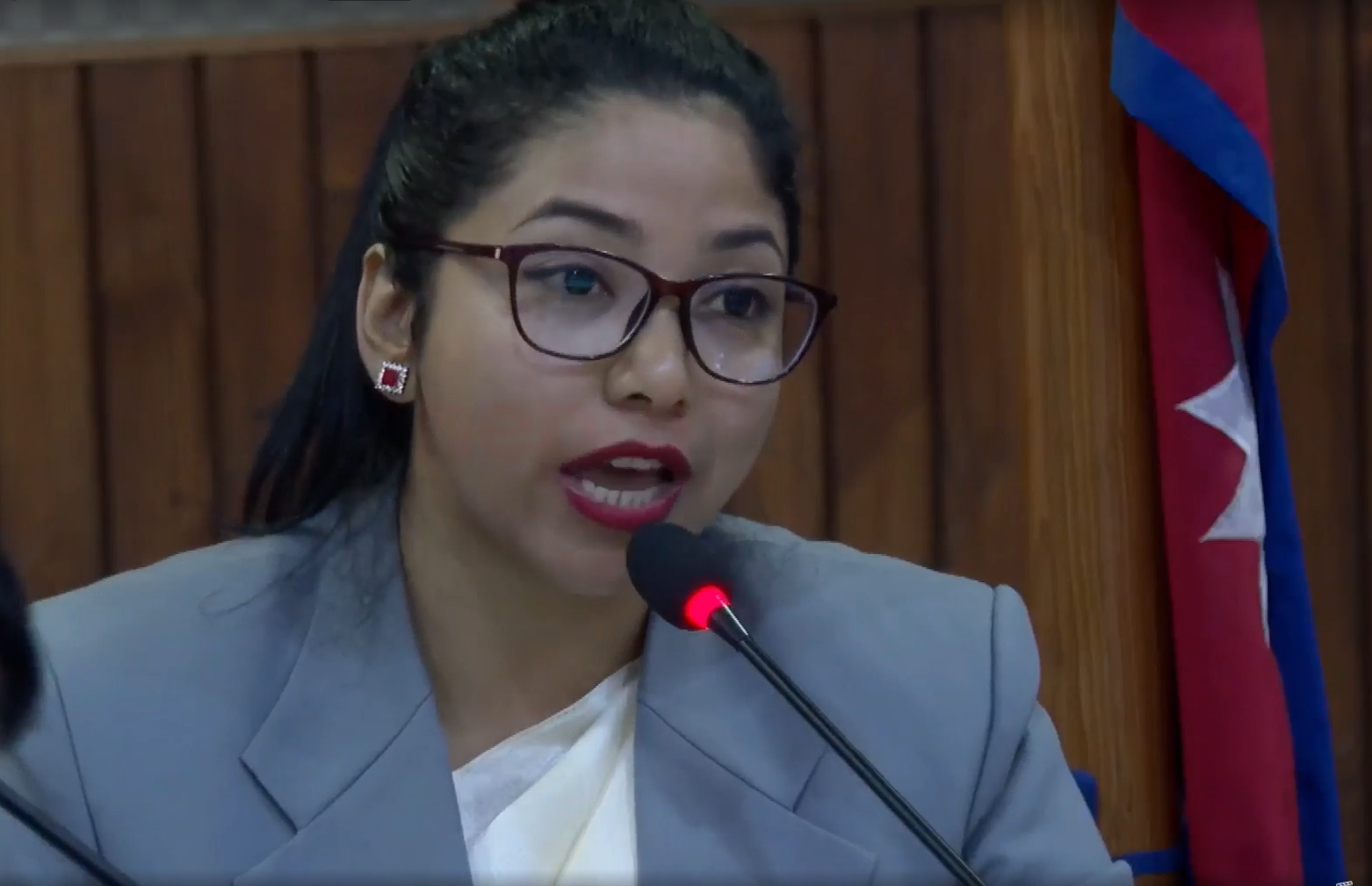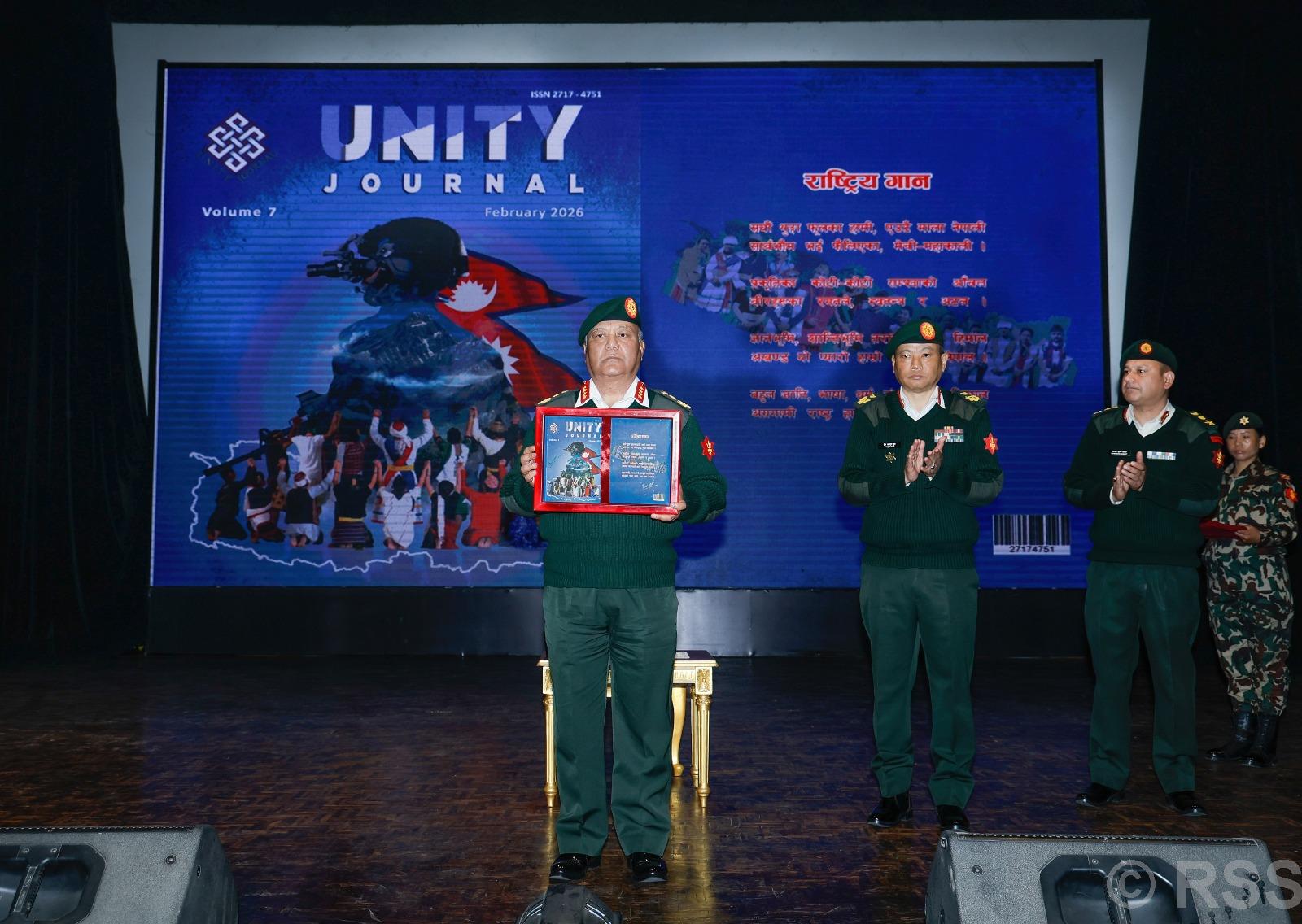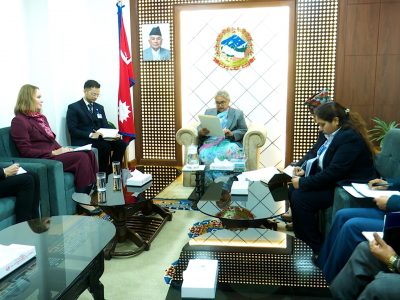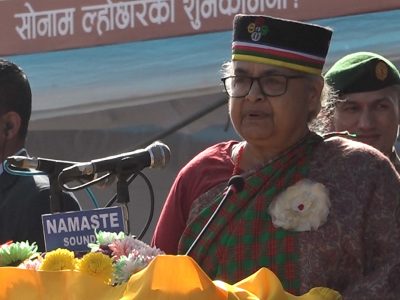‘Tensions between India and China can have a spillover effect in Nepal’: Dr. Mrigendra Bahadur Karki

Dr. Mrigendra Bahadur Karki is the Executive Director of the Centre for Nepal and Asian Studies (CNAS), Tribhuvan University (TU). He holds a Ph.D. from Kwansei Gakuin University, Japan. His research interests are activism, contentious politics, social movements, sociology of international relations and social sciences methodology. He is the Chief Editor of Contributions to Nepalese Studies, a leading social science journal of Nepal, which has been published since mid 1973 from CNAS. He is also founding head of Central Department of Social Work at TU.
DCNepal’s senior correspondent Shweta Karki discusses with him regarding the impending visit of the Indian Army chief as well as a wide array of geopolitical and foreign policy issues. Below are the video and excerpts of the interview.
“Since the time of the axial age civilization, Nepal and India have developed common values, historical, religious and cultural linkages as well as geographical contiguity. In modern times, Nepal-India relations have fluctuated. The RAW chief’s visit was unexpected and there was no presence of the Indian Ambassador or embassy officials during this meeting with the prime minister. If his visit leads to improved relations, then it may be termed beneficial. The Indian Army chief’s visit should not be linked with the RAW chief’s visit as it is part of a long-standing tradition between the two countries.”
“Nepal and India share unique relations. Both the countries are part the same Bhukhanda (landmass). There are structural lags in bilateral relations. We should develop Nepal-India relations based on our own values.”
“After Xi Jinping’s rise to power in 2013, China has gradually become the largest investor in Nepal before which India occupied that position. China’s Belt and Road Initiative (BRI) focuses on the huge market potential of India’s Bihar, Uttar Pradesh and West Bengal. Due to the ongoing border dispute between the two countries, India has banned several Chinese products and services. China is hesitant to invest in Nepal due to tensions with India. Therefore, tensions between India and China can have a spillover effect in Nepal.”
“Every country and their citizens put their national interest above everything. Asia is rising and China and India are leading that rise. The United States wants to keep its number one position intact. Nepal should engage with all keeping our interests at the core. We should know how to position ourselves in the international order. Our foreign policy should be based on our national interest.”
“CNAS has a proud history. We are soon going to revive the ‘strategic series’ interview. CNAS wishes to conduct research and develop theories based on our own civilization and culture and not through the Western outlook.”
“Nepal’s foreign policy has often been influenced by international actors. The government should make the new foreign policy document public as soon as possible based on the right to information. Not making it public is unconstitutional.”
Facebook Comment
latest Video
Trending News
- This Week
- This Month

















